Agriculture Resources
As part of a long-running association with NC State Extension and the larger N.C. Cooperative Extension System, the State Climate Office has a history of providing science-based resources to inform our agricultural partners and help them understand and respond to climate-based risks and opportunities. This includes innovating ideas for accessing weather data, developing ag-focused decision support tools, and creating educational content about climate and climate change.
Weather Observations
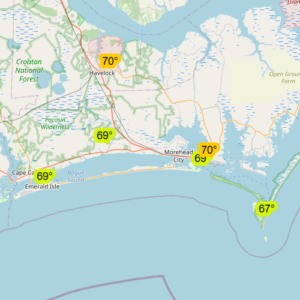
NC SCO Weather Map
View current and recent hourly and daily weather observations, including from our office’s NC ECONet stations
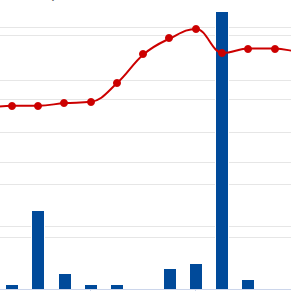
Cardinal Data Retrieval System
Request historical observations or find more information and data from local weather stations using Station Scout
Climatological Data
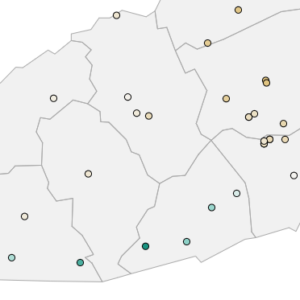
Climate Normals Viewer
Explore the 1991 to 2020 climate normals for temperature, precipitation, and snowfall for North Carolina
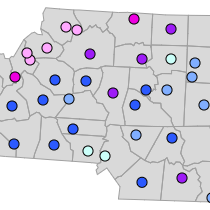
Freeze Date Explorer
View historical first and last seasonal freeze dates for long-term weather stations across the state
Seasonal Crop Progression
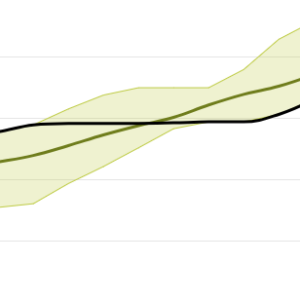
Growing Degree Day Explorer
Explore growing degree day accumulations calculated using historical and forecasted temperature data
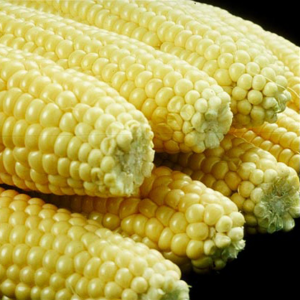
Climate Dashboard for NC Corn Growers
View predictions for seasonal corn development, using growing degree days to track the crop’s stages

Cotton Planting Conditions Calculator
View a 7-day forecast of local cotton planting conditions, along with historical comparisons
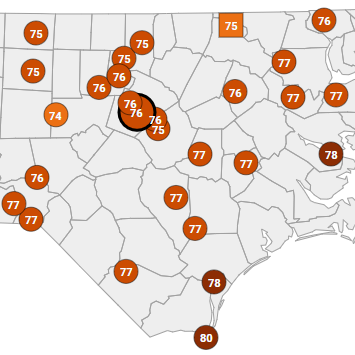
ECONet Snapshot Viewer
Compare monthly air temperature, precipitation, wind, and soil conditions for our NC ECONet stations
Cool-Season Crop Impacts
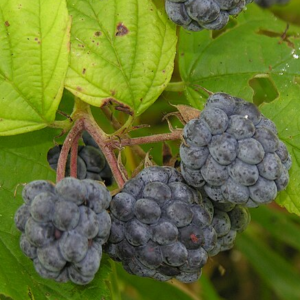
Chill Models for North Carolina
Explore accumulated chill hours for the current winter season using several common fruit chill models
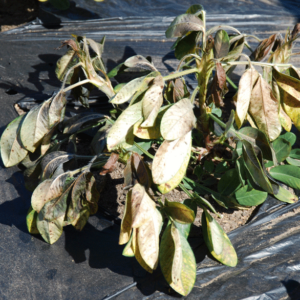
Peanut Frost Advisory Tool
Generate frost and freeze guidance for peanuts over the next 7 days for selected locations in NC, SC, and VA
Insect, Disease, and Weed Risk
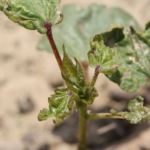
Cotton Thrips Infestation Predictor
Estimate thrips infestation risk in cotton based on planting date and historical weather data

Tobacco Thrips Flight and TSWV Predictor
Determine when and if to treat for tomato spotted wilt virus and view predictions based on historical conditions
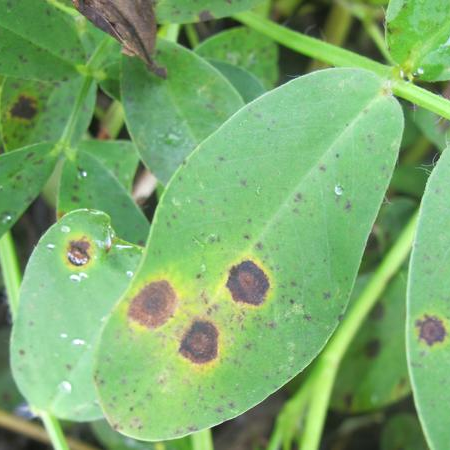
NC State Peanut Disease Information
Leaf spot and sclerotinia advisories from NC State’s Plant Pathology department, calculated for NC ECONet stations
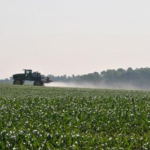
Herbicide Spray Conditions
View guidance for when to spray herbicides using observed weather conditions from the NC ECONet
Climate Education

Climate Change Lessons
Browse self-paced climate education modules created for adult learners including Extension Master Gardener Volunteers
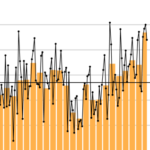
Climate Change Webinar Series
Watch recordings of our webinars from 2020, designed for Extension and delivered by statewide climate experts
For more on our previous efforts serving the Extension community in North Carolina, see the annual activity reports below.
Past Activity Reports